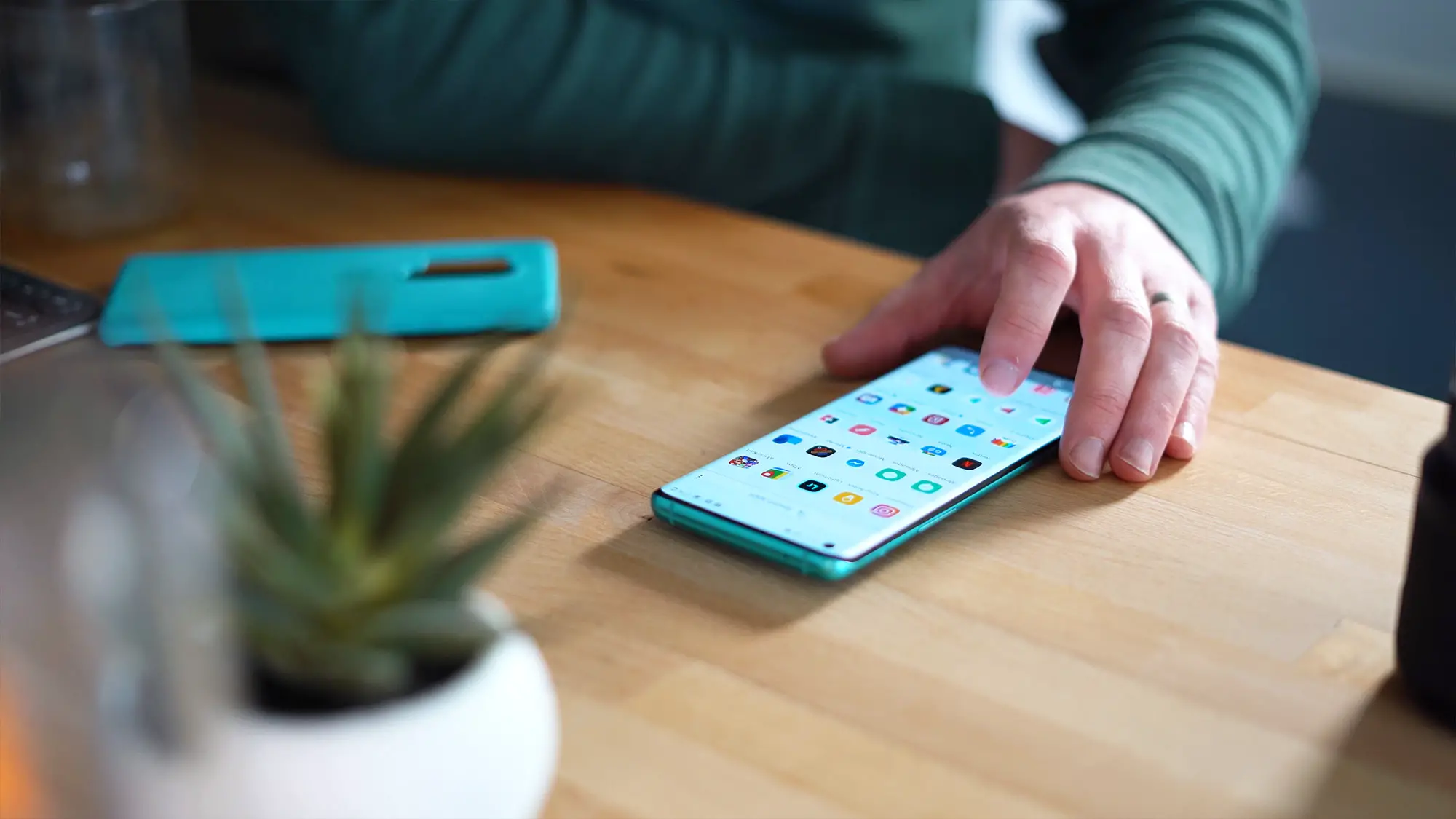People are more worried about their privacy than before. Did you know that one billion Android devices are at risk of hacking? Now, mobile security has become essential because we store almost everything on our mobile phones.
Be its confidential information, bank account details, credit card number, private chats, family photos, personal data, appointments, or even health records, for our convenience, we save them on mobile devices. A single breach is enough to harm you in several ways.
To remain protected, you’ve to keep your Android device safe from the clutches of hackers. Here are the best android security tips to ensure that your Android phone is secure.
Use Secure Lock Screen
When you buy a new Android phone, make sure to use a secure lock screen. Android permits you to unlock your phone with Swipe (not safe at all), PIN (secure to some extent), Password (protected), Pattern (not much reliable), Face ID/ Fingerprint scanner (most secure).
These above-listed methods are of unlocking the smartphone; however, not all of them are secure. Swiping is merely a lock screen with no protection. You know if you use swiping, so anyone can unlock your phone. Thus, please don’t use it. Using a pattern is also not safe because if someone notices you while you unlock your phone, they may remember it unless you turn off the patterned trail.
PIN code is somehow safe, but like a pattern, hackers easily guess it or tell what system you’re entering in your mobile by seeing it and making it less secure. The most reliable and secure is to use a password. Type anything complicated or something that only you know, and nobody will get a hint of unlocking your phone.
Create strong and unique passwords that are hard to crack. Don’t use the same and easy to guess password across multiple accounts. If you find it tough to remember your passwords, start using the best password managers.
Today, nearly every smartphone comes with a fingerprint sensor, add up the five fingers that you usually use to unlock smartphones and close all the doors for hackers to invade your privacy.
Avoid Sending Sensitive Data over Public Wi-Fi
Living in a city and having a tight working schedule can’t save you from using public Wi-Fi. These free networks are present everywhere, and the same scammer’s group offers most of them.
Security experts suggest treating public networks with great care if not avoiding it together. There are several different kinds of attacks launched by hackers, which means that data stored within the phone, and the information typed on to it falls first into the hands of malicious actors. All this happens without your prior consent.
The best way to combat such a situation is to browse sites with HTTPS URL, an indicator for secured websites. Don’t enter your credit card details or even use online banking while you’re on public Wi-Fi networks. Although all the bank websites might be secured that security will do nothing to prevent Man in the middle attacks—an attack-type where the attackers interrupt and seize information sent from your phone to the bank site.
Use a VPN

A VPN is an additional protection layer for your browsing as all your data is passed through the encrypted connection between your smartphone and the VPN provider’s servers. Moreover, a VPN also hides your IP address, allows you to visit the best websites on the dark web, and encrypts your entire internet traffic so; it becomes invisible from all spying eyes.
Using a VPN for android devices is simple and easy. Most of the VPN services have Android apps that you need to install and select the location of the server you want, and then you’re safe from the snooping eyes.
Turn on Auto Security Updates
Security updates are incredibly essential, and you should never turn them off. Various android sellers offer monthly security updates for the device to fix the security loopholes and keep the user’s device safe and secure from any potential attacks. If you haven’t so, turn on the security updates. Your phone might come with security updates turned on by default, but do check it for complete assurance.
Enable Two-Step Verification
The best solution to avoid your Google account being hacked is to use two-step verification. When you turn on this feature by visiting the settings tab, you’ll receive a code on your smartphone whenever you attempt to log in to your Google account on some other device.
It might seem irritating and annoying, but it dramatically boosts your security level. No matter if your password gets stolen, no one can access your data.
Sign up for Google’s free two-step verification feature on Google’s website. Whenever you log in, choose to send an SMS code, call with the code, or use the Google app to confirm the logins.
Perform Regular Updates
![]()
Now updates are no longer annoying because they won’t make your phone slow. Keeping updated means that all the apps are up to date and the operating system you’re using is running at its latest. If you still feel that you shouldn’t update your phone or apps then read the update description, if they’ve fixed any critical security bug in the app or phone OS update, do go for it. You can also select if you require new features or not they’ve highlighted in their update description.
Don’t Install Apps from Unknown Sources
When you visit the developer options settings, you’ll find the “Unknown Sources” option there. The option allows the user to install applications from third-party vendors with the help of an APK. You can download the APK, and the Android OS enables you to install the app. If that option is turned off, Android won’t allow you to run the APK file, and you won’t be able to install the app. Experts recommend not to turn that option on for your safety. It is because malware uses this option to get an entry into your phone.
Thus, if it is imperative to install an app or if you’re a developer who wants to test apps, turn this feature on, but make sure that the apps installed are secure otherwise disabled. Furthermore, Google Play checks if the apps installed on the system are free from all viruses and malware. You can manage the settings to keep it that way.
Be Cautious About Following Links in SMS Messages
![]()
Some people are savvy in their lives but have fallen a victim of SMS scams. Examples include texts that pretend to come from the bank and ask you to log in to your account. Also, WhatsApp scam that asks you to pay a small amount to continue using the service and then hacks your card details.
The best way to stand with this situation isn’t any security option on your phone or a piece of software. You need to use common sense and be suspicious of any doubtful messages that you receive. However, certain security apps scan your texts for the ones that look like phishing scams.
Bottom Line
So, these are the eight security tips for all Android users from hackers and phone spies. Do make sure to follow all the steps mentioned above to enhance the security of your Android devices.












Comments